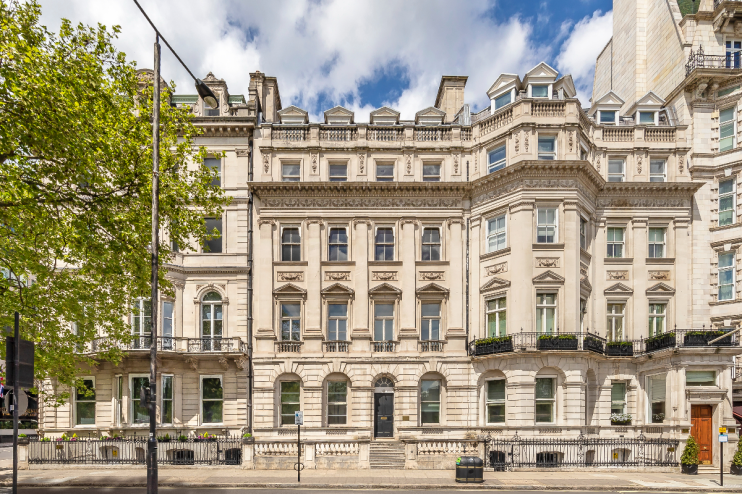| Updated:

The Budget was, by and large, a set of fiscal promises for people who rely on public services. So with that in mind, how might the Budget affect the prime housing market, a market exclusively for the UK’s wealthiest buyers?
Prime houses are typically defined as the upper five per cent of houses in any given area. Super prime properties in the most expensive areas of the country like Mayfair and Belgravia regularly go for upwards of £15m.
By nature, the taxes announced in the Budget will affect those connected to the prime sector: the rise in capital gains tax, the VAT on private schools, the abolition of the non-dom regime – even the tax on private jets.
However, in this case, Labour’s hammering of the point that the UK faces a tough financial future and subsequent lighter-than-expected budget may have played in its favour.
“With the Budget not as dramatic as feared from a property perspective, the ‘wait and see’ approach we have seen from some buyers, who have been more cautious than usual given the economic backdrop, will hopefully now ease,” Amy Reynolds, head of sales at Richmond estate agency Antony Roberts, said.
“Demand for prime London locations is historically resilient; buyers may pause to reassess financial implications, but high-demand areas are likely to retain interest,” Reynolds added.
Trevor Kearney, founder of The Private Office: Real Estate, agreed that Labour held back on policies which would have hurt the prime market: “The decision from the Chancellor to leave CGT levied on the sale of second homes and buy-to-let properties untouched is critical.”
“The party knows that a decision like that would cost the Treasury a lot of money by slowing down property sales,” he added.
Kearney said the decision to place a two per cent surcharge on purchases of second homes and buy-to-let properties, however, will “ruffle feathers” and “reduce demand”.
“Property won’t take the same hit as other areas of the economy [but] the Labour government does need to be wary of alienating… high net worth individuals from living and working in the UK. That’s where the pinch points for the economy will be felt most,” Kearney added.
However, concern over the stamp duty policy has so far mainly been limited to the private rented sector, with early fears centred around the higher tax disincentivising prospective landlords from buying property.
On the flip side, previous increases in stamp duty have pushed billionaires to rent rather than buy (particularly if they are overseas buyers, as the charge is even higher), which would boost the market.
Gideon Stone, co-founder of prime property developers and designer Janine Stone & Co, has previously said that although “it took a while for people to get used to the fact that stamp duty was here to stay,” the market adapted in time and both the rental and purchasing markets remained resilient.
Abolition of the non-dom regime
There has been much speculation that the abolition of the non-dom regime will cause an exodus from the prime London market, with some commentators suggesting the mobile community will flee to countries with lower tax.
Non-doms, or non-domiciles, are those who live in the UK and pay tax on UK earnings while maintaining a primary home overseas.
Reeves will replace the regime with a new, residence based scheme with “internationally competitive arrangements for those coming to the UK on a temporary basis”, she said. The new scheme will see non-doms pay a higher rate of tax.
London’s prime property sector has come to rely on international capital – a majority of London’s prime properties are bought by residents from international countries.
Simon Allister, head of wealth planning, LGT Wealth Management, however, said that while “there remains little granular detail around the abolition of the non-dom regime, which is disappointing given April 2025 is fast approaching, “taken in isolation, the changes look palatable for private clients relative to recent rampant speculation”.
Kearney said that while non-doms “are already fleeing”, “this does not mean they’re abandoning the UK forever”.
“They will still keep a hub in the UK and travel back and forth and the UK will continue to be the ultimate destination to do business.
“Interestingly, we’re seeing our clients prioritise education and good schools and the UK’s education system is second to none – that’s a huge retainer, even with the added VAT fees,” he said.
Historically, property has always performed better under a Labour government. This new set of taxes has not consigned that trend to the dustbin.